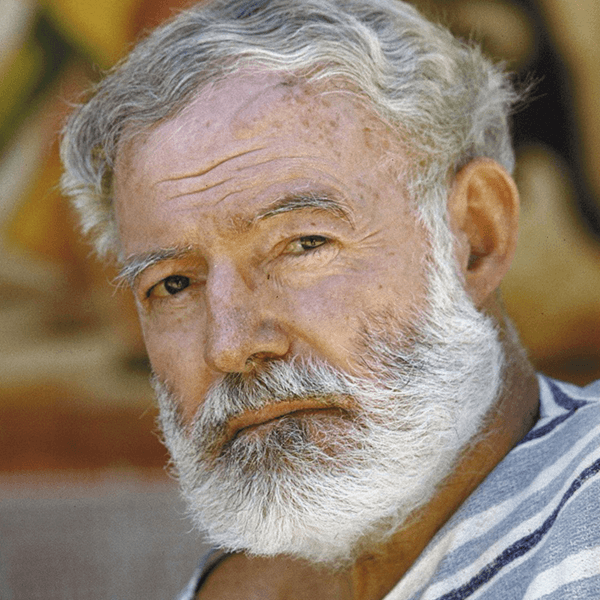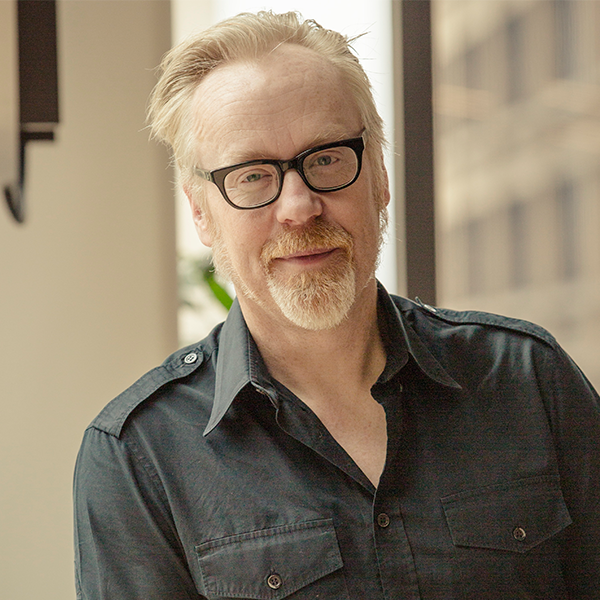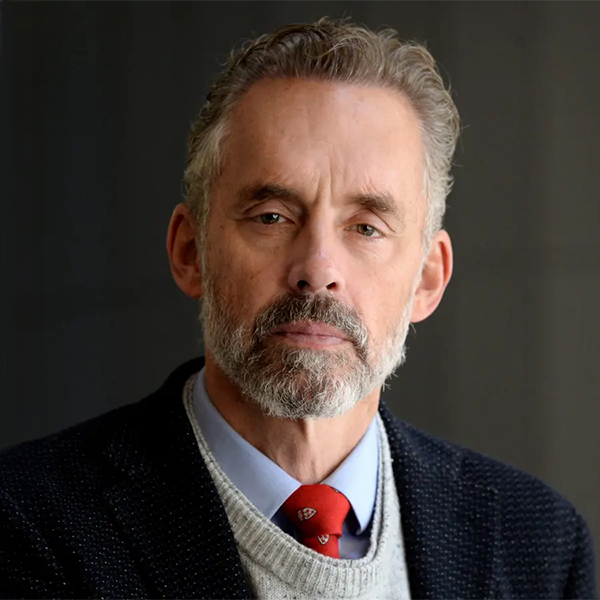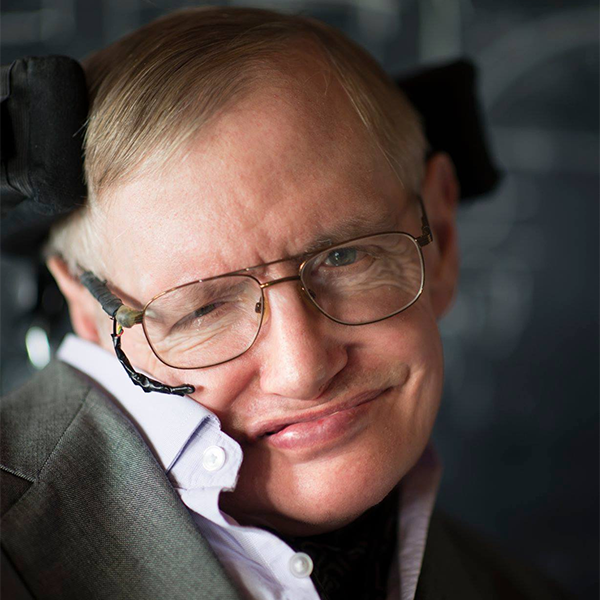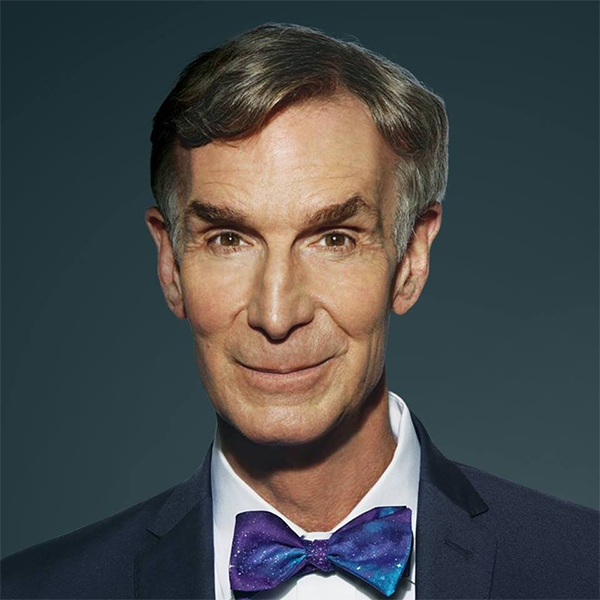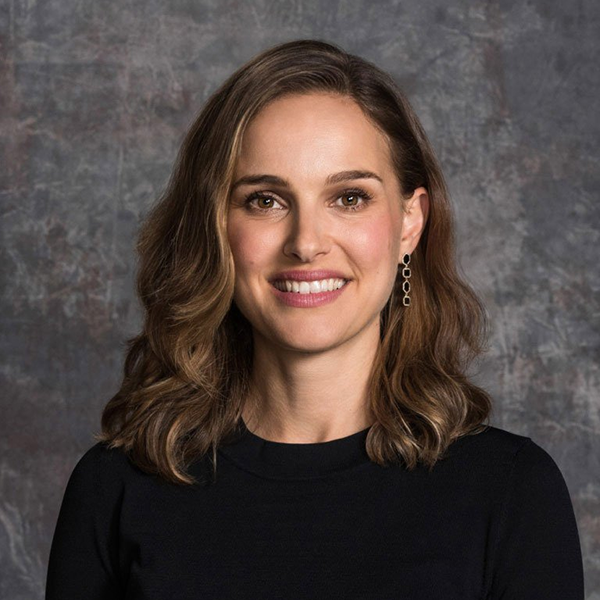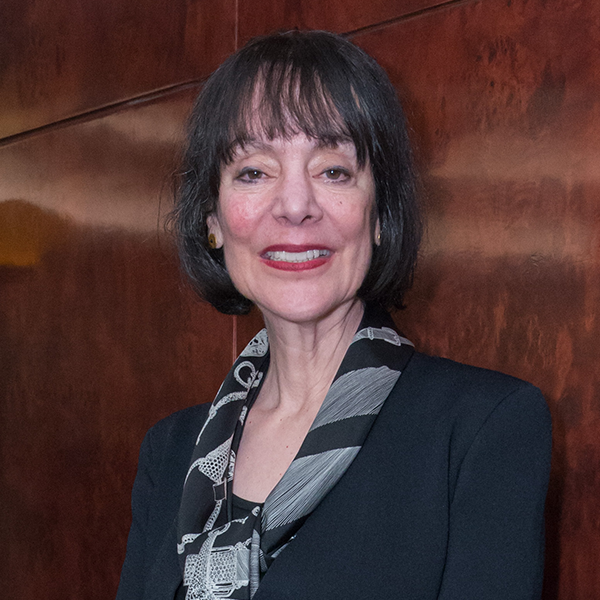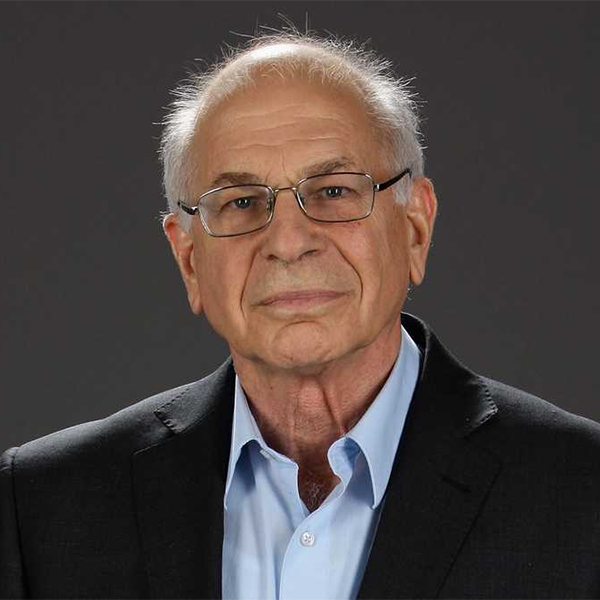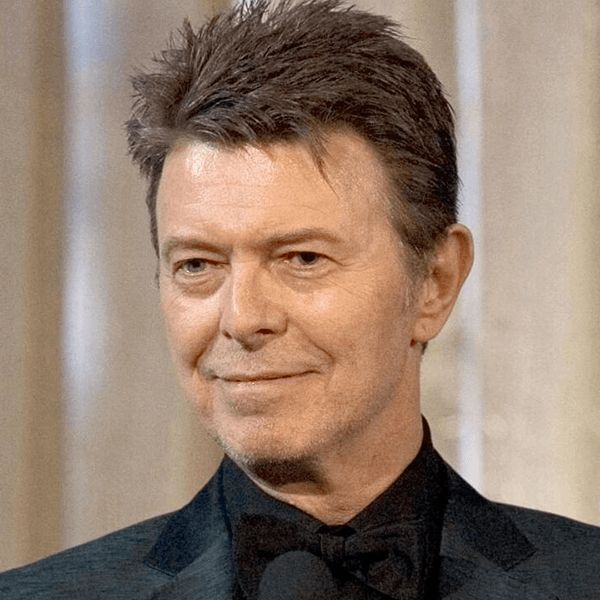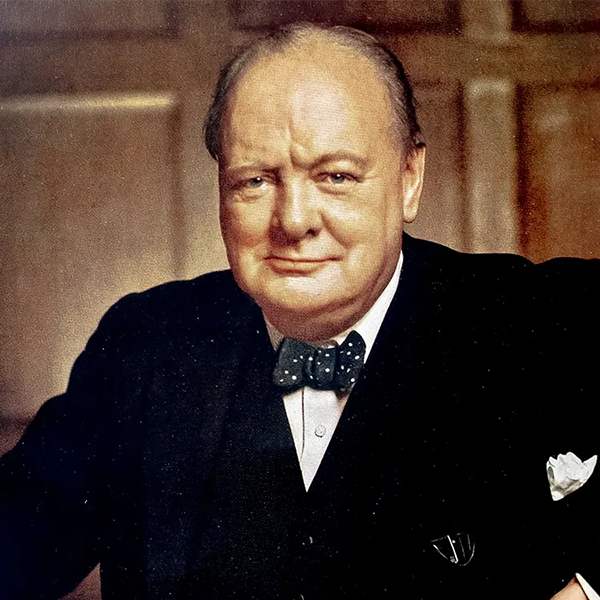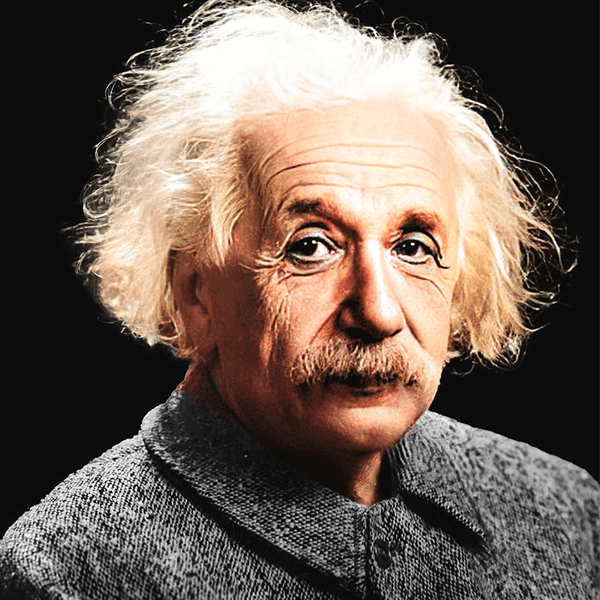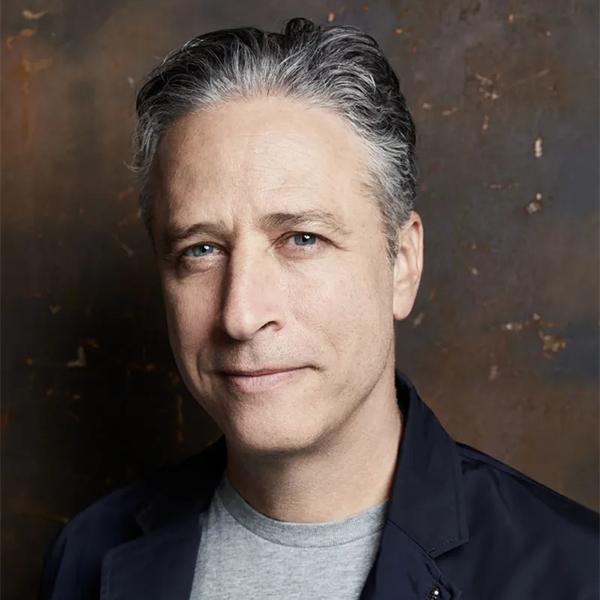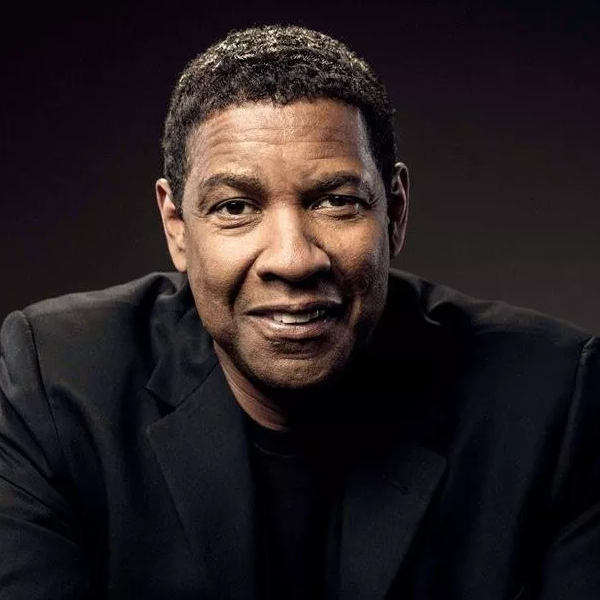Emily Dickinson, born in 1830 in Amherst, Massachusetts, is one of America's most original and enigmatic poets. Her unique style, characterized by short lines, slant rhyme, and unconventional punctuation, deeply influenced the direction of 20th-century poetry. Dickinson's work is notable for its incisive exploration of diverse themes such as death, immortality, nature, and the inner psyche. Despite the breadth and depth of her poetry, Dickinson lived much of her life in reclusive isolation, with fewer than a dozen of her nearly 1,800 poems published during her lifetime—and those were altered by publishers to fit conventional poetic rules.
❝To travel far, there is no better ship than a book.❞ — Emily Dickinson
Dickinson was an avid reader and had a lifelong passion for books, which greatly influenced her poetic form and content. Her reading list included classical literature, contemporary poetry, religious texts, and scientific treatises, reflecting her broad interests. The profound depth of her work suggests that she engaged deeply with these texts, using them as sources of inspiration and philosophical contemplation. Dickinson's letters often referenced her reading habits and discussed the impact of her literary encounters, illustrating her engagement with the intellectual currents of her time.

